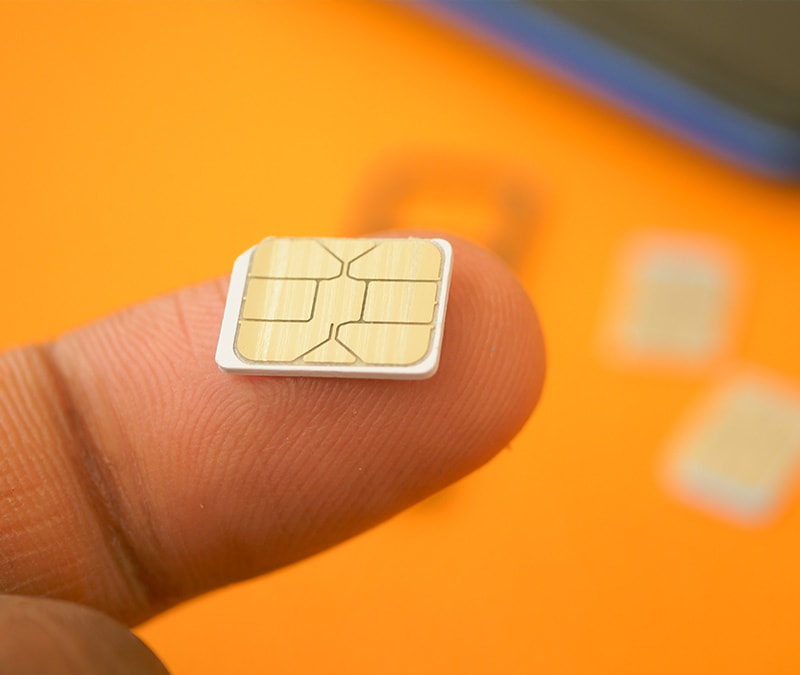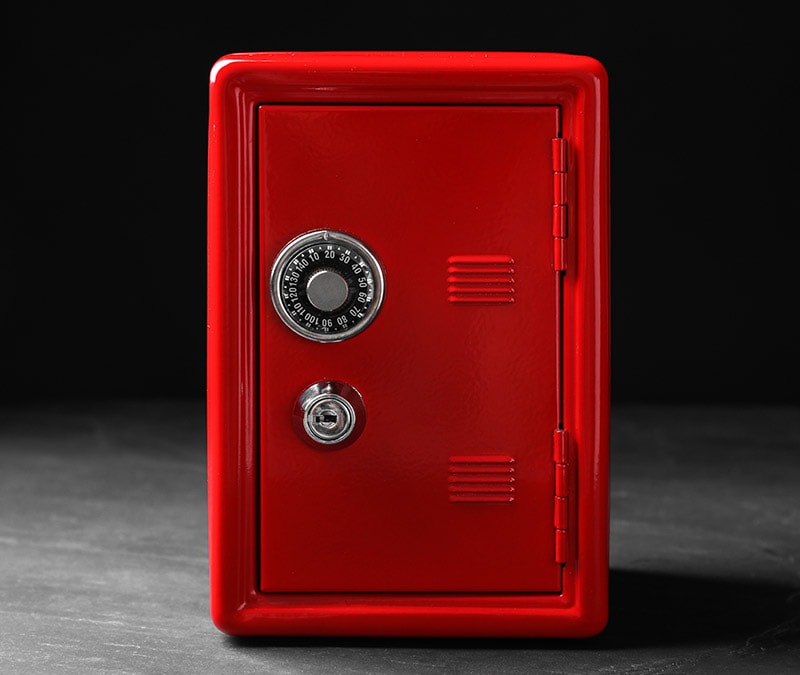Is your phone easy pickings for identity thieves?
All about the low-tech and high-tech methods that identity thieves use to exploit the vulnerabilities to access the data on your cell phone.

Identity thieves operate in a variety of low-tech and high-tech ways. An example of a low-tech way would be posing as an IRS official on the phone to get information such as your Social Security number. A high-tech way would be using software to figure out your email or bank account password. When it comes to your cellphone, the thieves can use a combination of low-tech and high-tech methods to exploit it. Here is a look at some of the ways this might happen.
Your old phone was disposed of unsafely
If you’re like many consumers, you change phones every few years, perhaps even every year. How do you dispose of your old devices? One good way is to first do a factory reset. This should take care of most of the information on your phone; just be sure to transfer any data to your new phone first. However, you can’t rest after doing a factory reset. Go into the old phone, and search apps such as the download folder, photos and the internet browser (for search history). Ensure there’s nothing left. In fact, go one step further, and delete all of the apps that you can.
As for actual disposal, you can donate the phone, resell it for refurbishment or resell it to a private owner. And you should be able to do it with the peace of mind that there is no information on it that could lead to your identity being stolen.
Your phone has no lock screen security
The Pew Research Center reports that 28 percent of Americans don’t use a security feature such as a lock screen to prevent someone from casually accessing their phone. To be sure, lock screens are often annoying, especially if you tend to repeatedly set down your phone only to pick it up minutes later, right after the lock screen has kicked in. However, there are ways around this inconvenience; you can set up smart locks to recognize your thumbprint or voice, for example.
No matter what, though, you do need some kind of phone security access feature, or your phone is quite easy pickings for identity thieves. Given that some identity thieves are people you know (visiting relatives, caregivers, babysitters, the list goes on), you shouldn’t leave an unsecured phone unattended.
You don’t update your apps
Apps have bugs and security flaws, one big reason that their developers seem to push out updates way too frequently. Sure, sometimes, the updates have nothing to do with security. Still, they often do, and not updating leaves your phone vulnerable to hacking and other security exploits. The same study from the Pew Research Center that detailed the lock screen finding also indicates that 40 percent of Americans update apps only at their convenience. That’s a lot of time for thieves to get busy.
You use public Wi-Fi for sensitive transactions
The pattern when it comes to cellphone security becomes really obvious with Wi-Fi use; convenience often trumps common sense. You wouldn’t stand up and shout your credit card number or bank account number in the middle of a crowded Starbucks, right? Yet you are doing a digital equivalent of that if you shop or conduct banking transactions on a public Wi-Fi network. Hackers can even use fake Wi-Fi connections to steal your data, so be sure to use a VPN, like Norton VPN, to protect your private information on public Wi-Fi.
You type passwords and other security information in public
Unfortunately, you don’t even need to be on public Wi-Fi to be at risk from identity thieves. Simply typing a password, account number or something like that on your phone can leave you vulnerable to “shoulder surfers,” people who are lurking and watching you type over your shoulder. This is a low-tech method but can be effective. In fact, some identity thieves are so stealthy that you may have no idea anyone is watching. To be safe, refrain from typing important information in public.
You share your phone freely
A stranger comes up to you, and asks to make a call. You could be putting yourself at risk for identity theft; if you absolutely feel like you can’t say no, dial the number yourself, and put the phone on speakerphone. Strangers aside, it’s common for folks such as babysitters or visiting friends to ask to use your phone. You can certainly say no, but if your reply is “Yes,” never give them the passcode or screen lock pattern. Unlock the phone yourself, and make it a regular habit to erase browser history and to sign out of apps. There are also programs that let you set up passwords for individual apps.
You haven’t set up a remote locking program
Suppose your phone is stolen, or you lose it. If you don’t have a remote locking program, your phone is even more vulnerable. Programs such as Norton Mobile Security also let you see where your phone is on a map, and quicker retrieval leaves your phone at risk for less time. Many programs also let you opt for remote wipe to erase critical phone data.
You don’t screen apps
Another advantage of Norton Mobile Security is that it safeguards against risky apps. In other words, you’re fully informed about an app’s security risks (malware, grayware, etc.) before you download it. Identity thieves often put out such apps in hopes of stealing personal data and perpetuating scams.
You don’t have an anti-virus/malware program
It used to be that having a virus program for your cellphone was a crazy thought. It is true that cellphones still don’t seem as vulnerable to viruses as computers do, but it’s smart to have a security suite that includes anti-virus software. That said, the biggest benefits of such software tend to come from their protections in the areas of malware and anti-theft. Android phones appear to be more vulnerable to viruses, so if your phone is Android, you have even more reason to get a security suite.
There can be a lot of work that goes into keeping your phone safe. One-stop programs are convenient and reduce the tedium of doing every little thing yourself. The minimums include needing a lock screen and remote locking program, and going through your phone often to erase your browser history.

Don’t wait until a threat strikes.
Security threats and malware lurk on Windows PCs, Macs, and Android and iOS devices. If you use more than one device – like most of us do – you need an all-in-one security suite. Meet Norton Security Premium.
Enjoy peace of mind on every device you use with Norton Security Premium.
Editorial note: Our articles provide educational information for you. Our offerings may not cover or protect against every type of crime, fraud, or threat we write about. Our goal is to increase awareness about Cyber Safety. Please review complete Terms during enrollment or setup. Remember that no one can prevent all identity theft or cybercrime, and that LifeLock does not monitor all transactions at all businesses. The Norton and LifeLock brands are part of Gen Digital Inc.





Want more?
Follow us for all the latest news, tips, and updates.